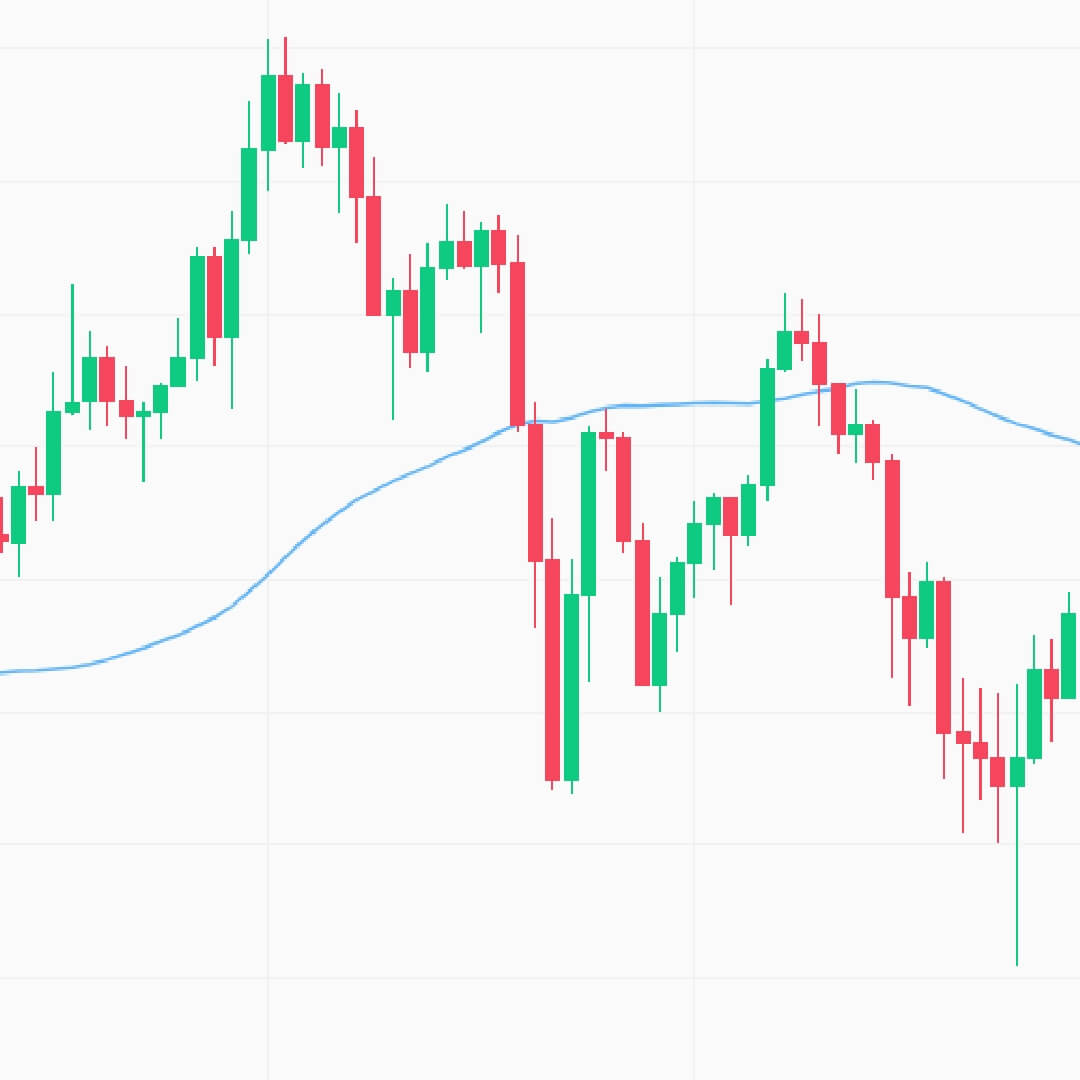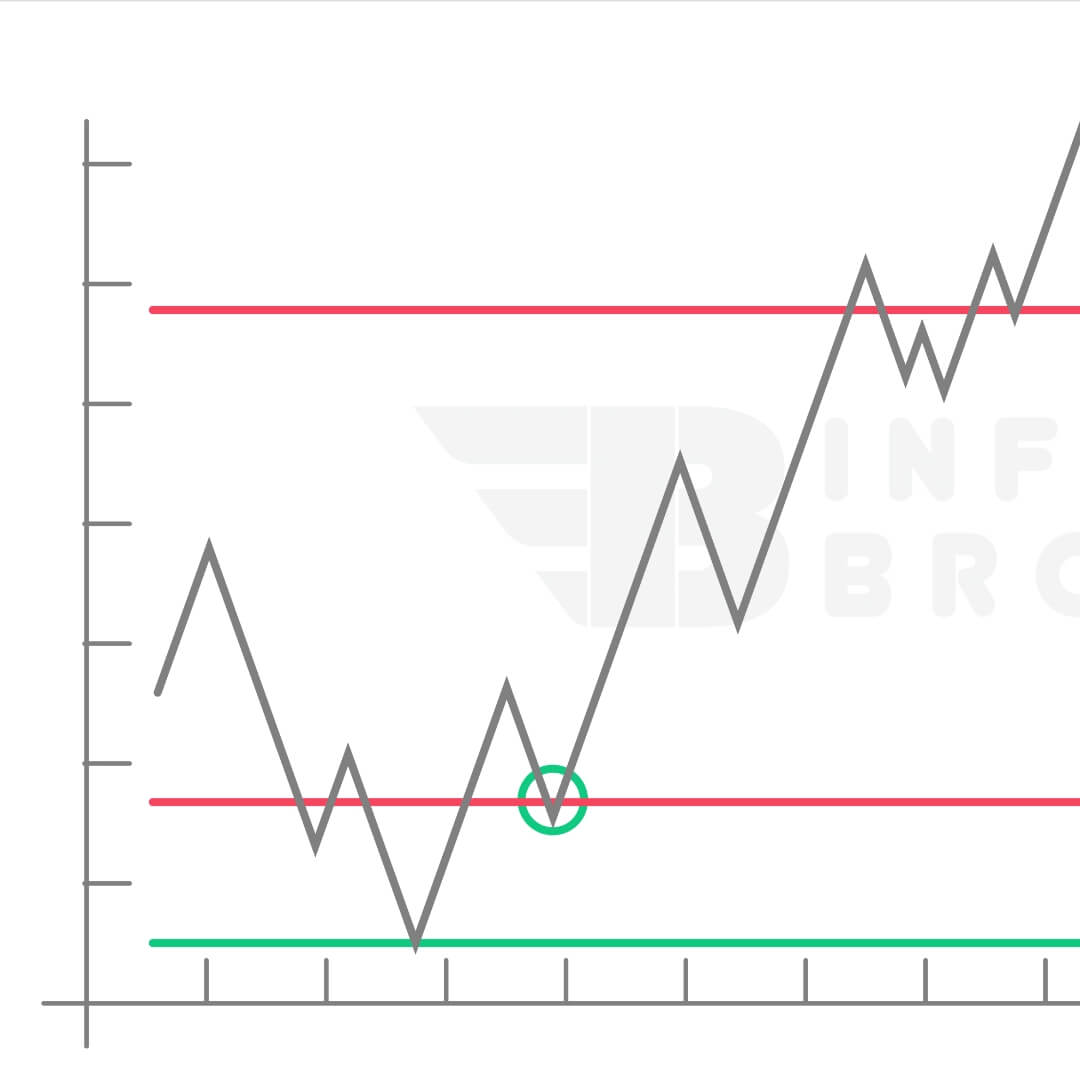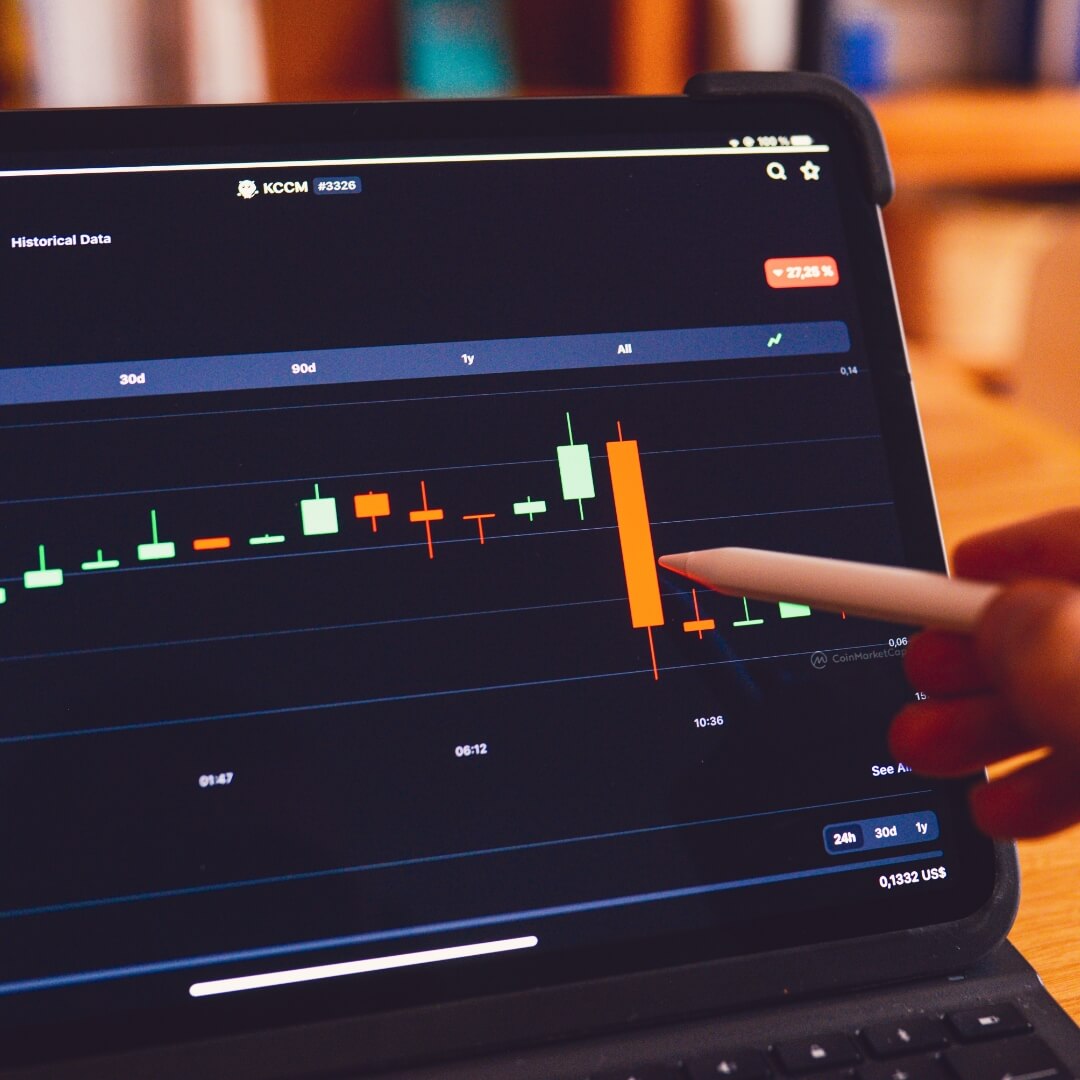What Is an IPO & How Companies Go Public How Companies Launch Their Stocks

Key Takeaways
Welcome to the world of investing!
Today, we're delving into Initial Public Offerings (IPOs), where companies first offer their shares to the public. This lesson aims to simplify IPOs and demonstrate how they can influence investors like yourself.
It's basically the company's big debut on the stock market.This exciting moment usually comes after years of careful planning, growth, and important decisions made within the company.
Businesses choose to go public through initial public offerings (IPOs) to gather money. This money helps them grow, come up with new ideas, or pay off debts.
For example, a technology startup that is growing rapidly might need more funds to expand internationally, hire new employees, or focus on research and development to keep up in the market.
The process of taking a company public involves different steps such as determining its value and getting the necessary approvals.
Imagine it as getting ready for a big show! Before a company can sell its shares to the public, it needs to go through detailed checks to make sure it follows the rules and is clear in how it reports its finances. This means working closely with banks, lawyers, and regulators to navigate the complicated process successfully.
Before a company can start the process of going public with its stocks, it has to make sure it follows important rules. This means being open and honest about its operations, and making sure everything is done fairly for people who might want to invest.
On IPO day, a company starts selling its shares to everyone. It's a big deal because it's the first chance for regular folks to own a piece of the company. This is when the company officially joins the stock market.
Following the IPO, the company's share price may fluctuate based on demand and its performance. Such price movements are common in the stock market. In the first few days after a company goes public, the stock price can change significantly as investors try to determine the -
- Company's value
- Growth potential
- Market conditions
This pricing process reflects collective expectations regarding the company's future.
After the IPO, shares become available for trading on the stock market, enabling investors to buy and sell them.
Companies decide to go public for various reasons, like raising money to grow, paying off debts, or letting early investors sell their shares. It also helps boost the company's image with the public.
Going public can make a company more well-known and increase its brand recognition, which can attract new customers, partners, and talented people. It also creates opportunities to make deals or work with other companies in the future, allowing the company to explore new markets and industries.
When you put money into an IPO, you're essentially betting on the company's potential to succeed in the future. It means having faith in its ability to grow while being aware of the risks involved.
When you invest in an IPO, it's important to think long-term. It's not just about what happens right after the IPO, but also about imagining how the company could grow in the future. To succeed in IPO investing, you need to be patient, disciplined, and focus on analysing the company's fundamentals to find those with lasting growth opportunities and competitive edges.
Prior to investing in an IPO, conducting thorough research on the company's financial health and growth potential is important.
This means evaluating its historical performance, market positioning, and future strategies. Investors should assess key financial metrics such as revenue growth, profit margins, and cash flow generation to gauge the company's ability to deliver long-term value creation.
Additionally, it's also helpful to understand what's going on in the industry, who the competition is, and what kind of regulations it needs to follow. This can provide valuable insights into how much the company could grow and what risks it might face.
Going public with an Initial Public Offering (IPO) is a big deal for a company. It opens up opportunities for growth and investment but also comes with more responsibilities. Learning about IPOs helps you make smarter choices in the stock market. When you grasp how IPOs work and what they mean for businesses and investors, you can move through the financial world with more assurance and understanding.







